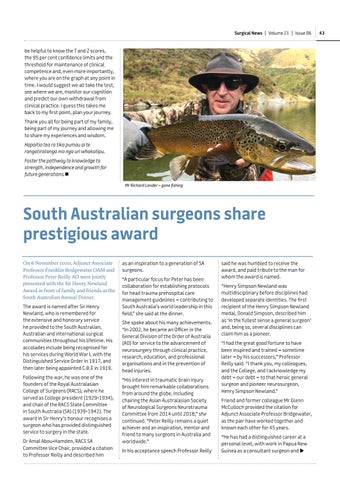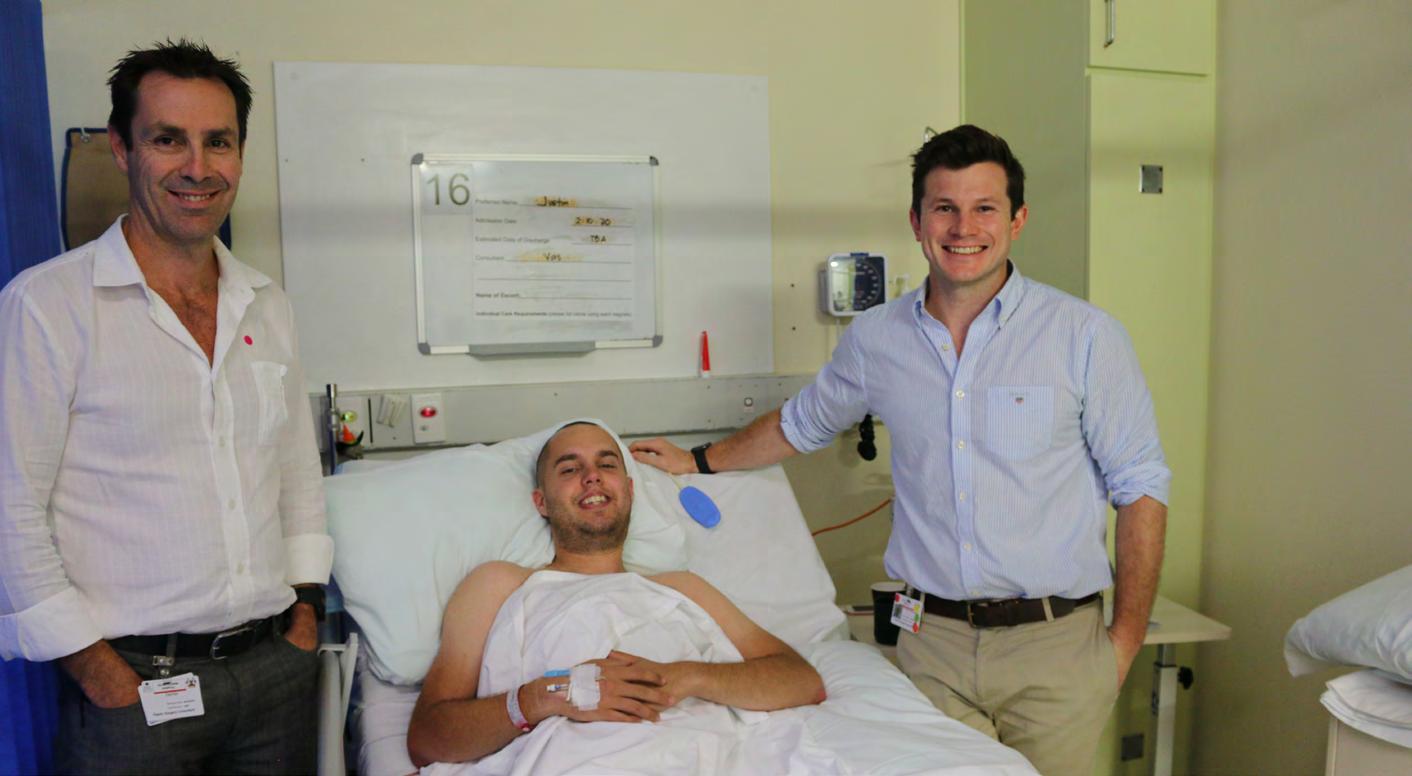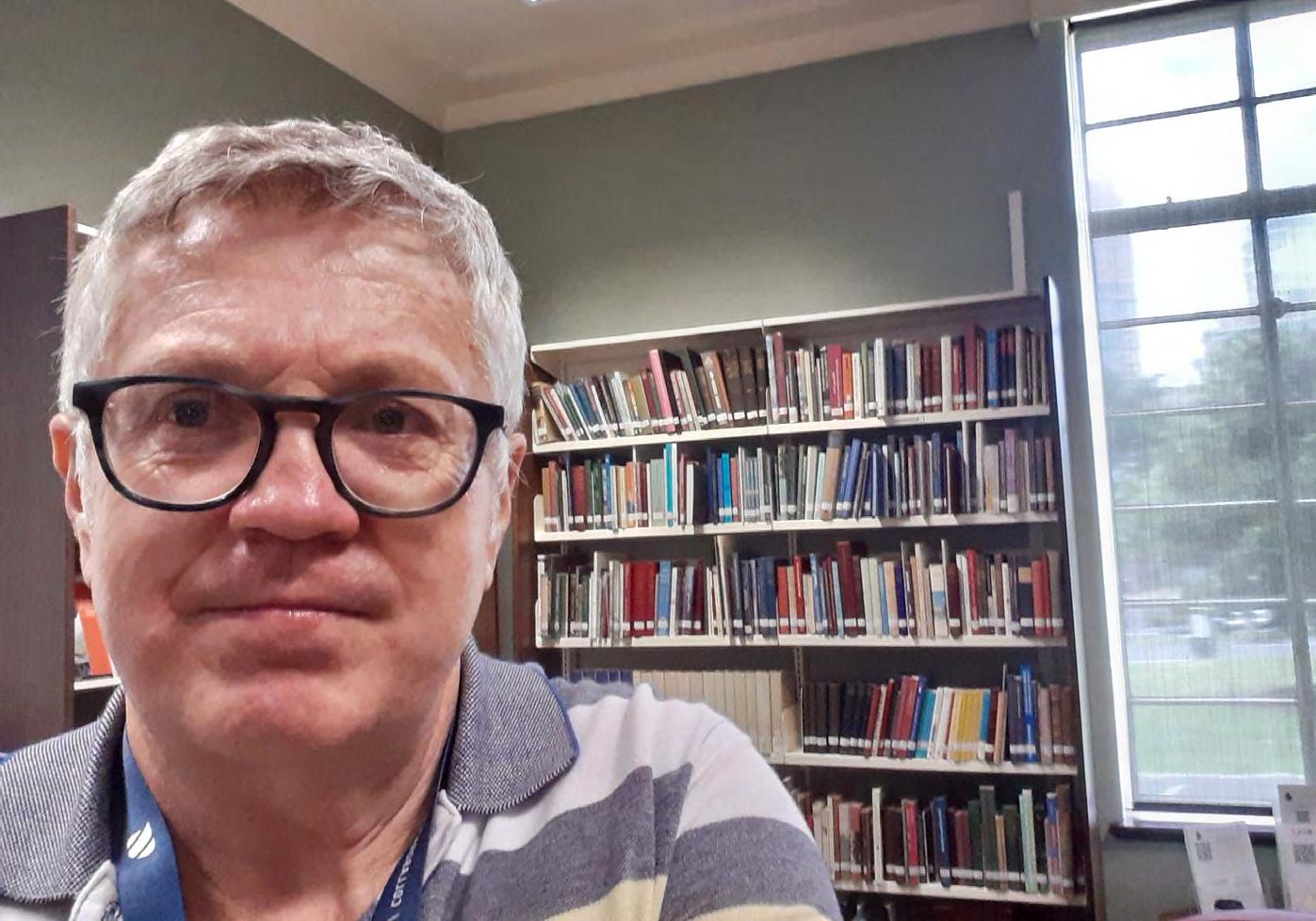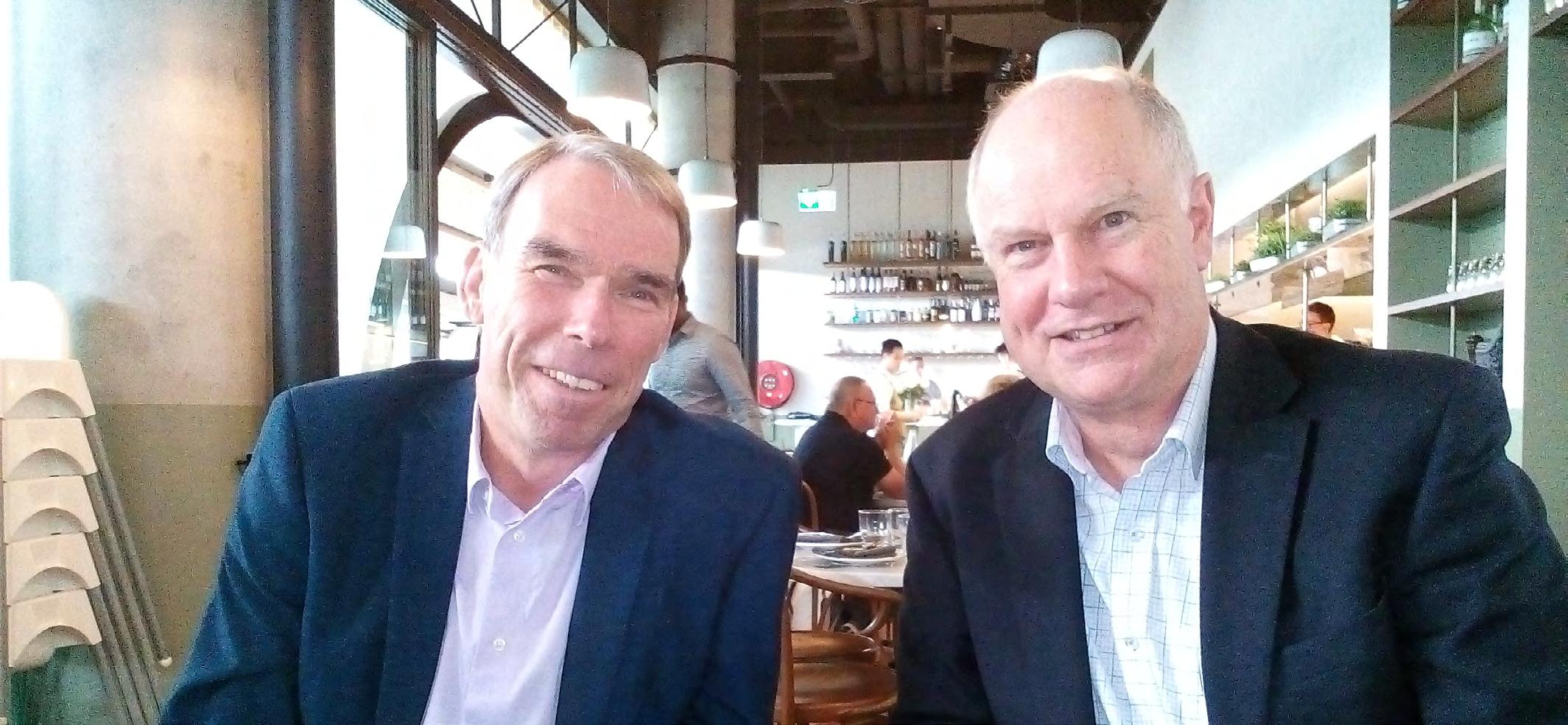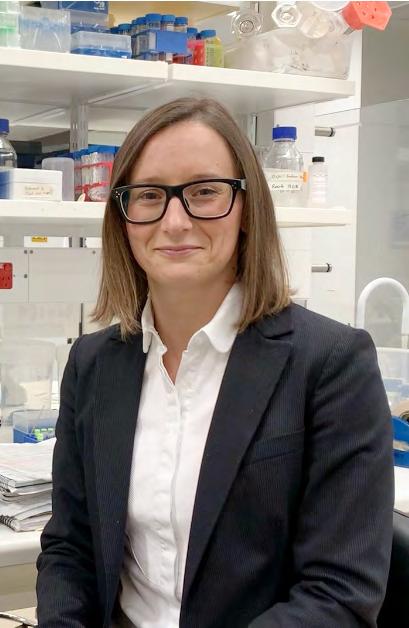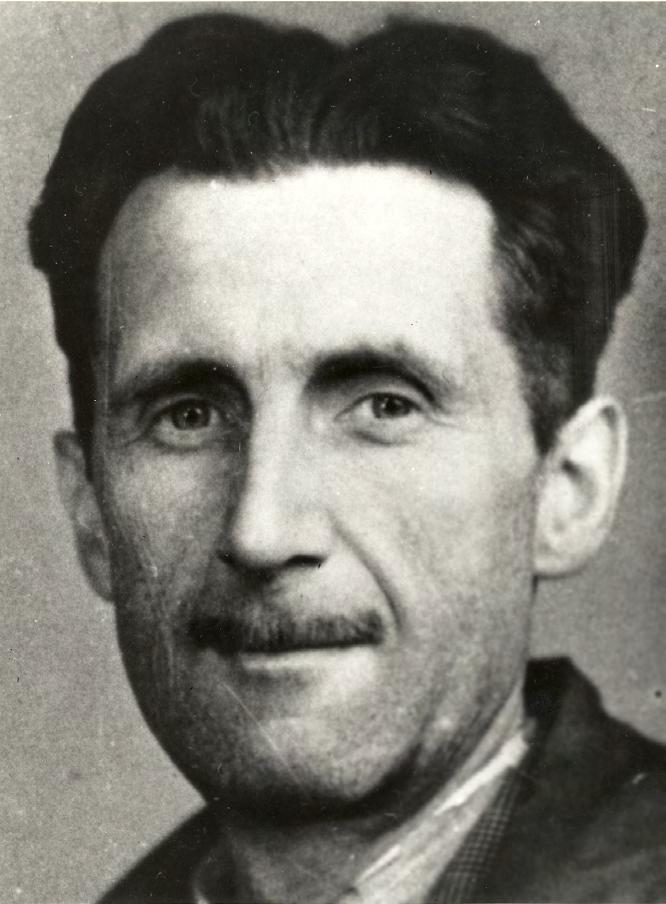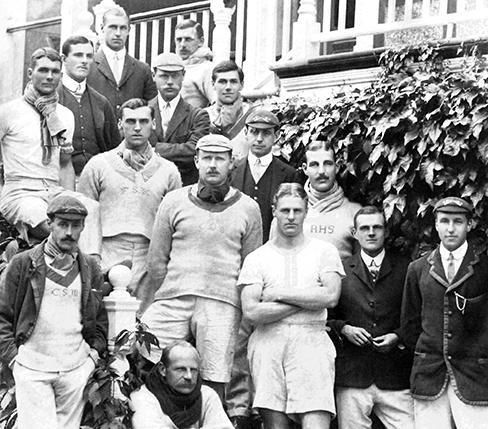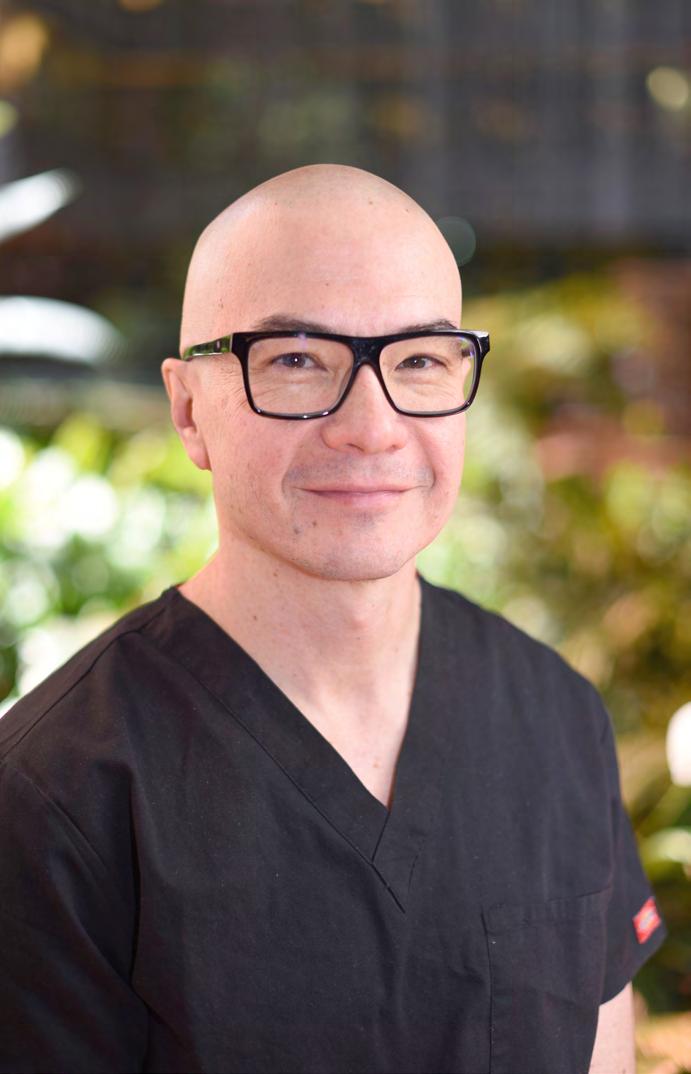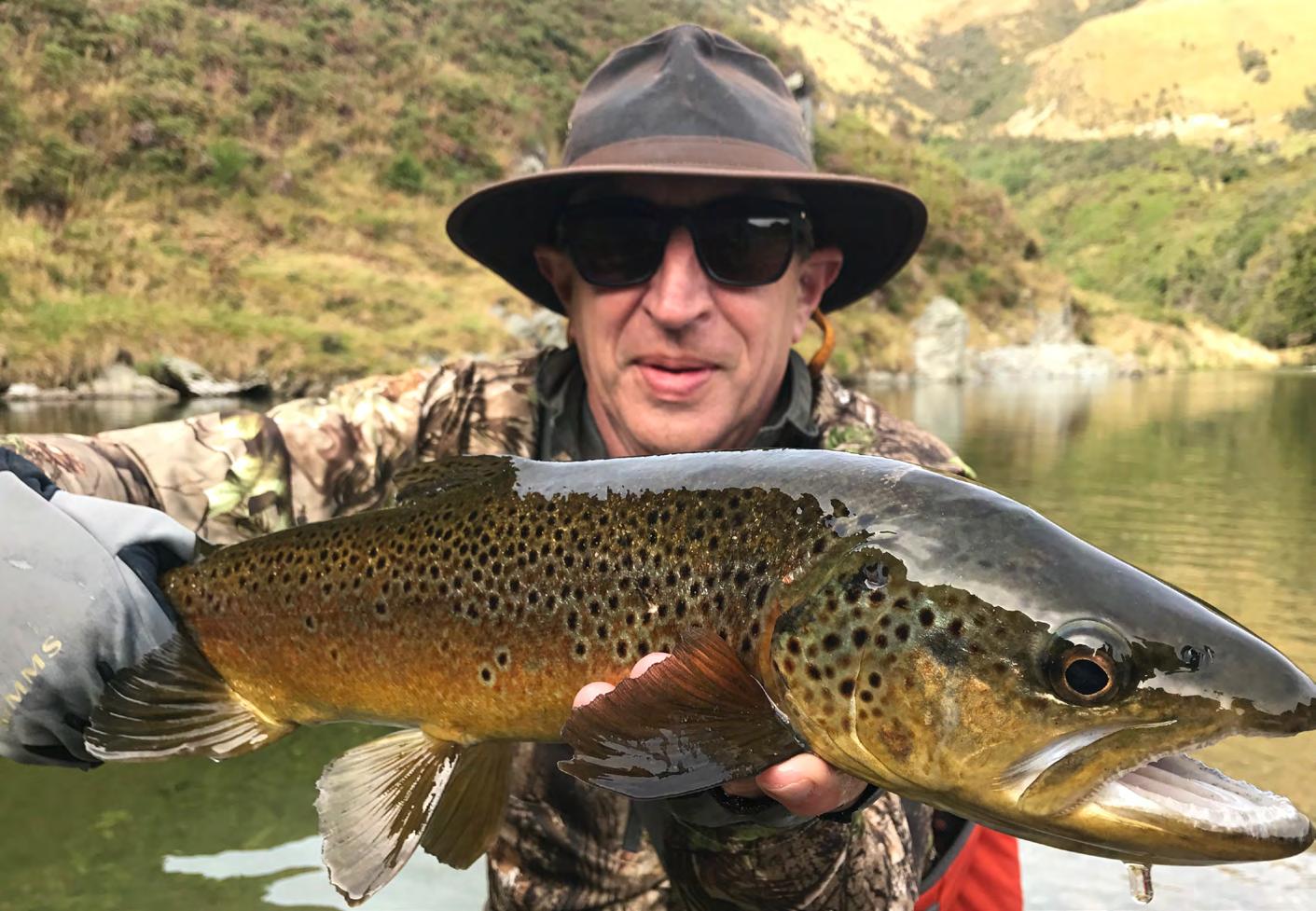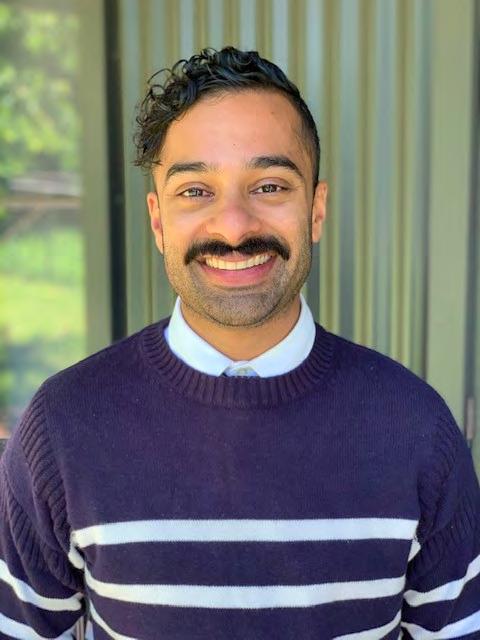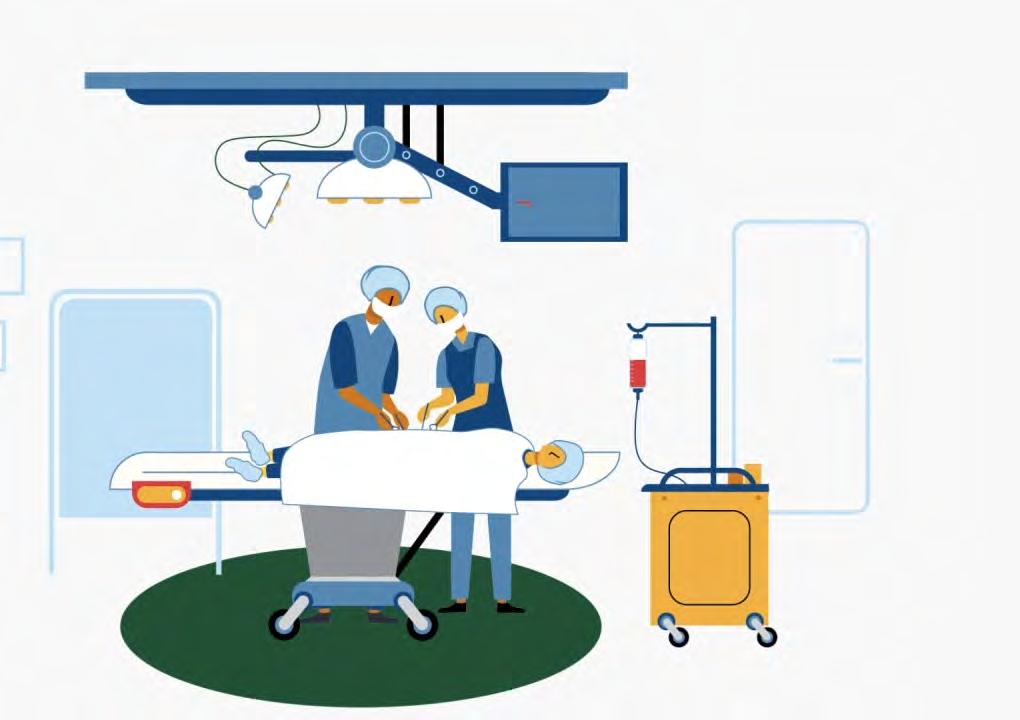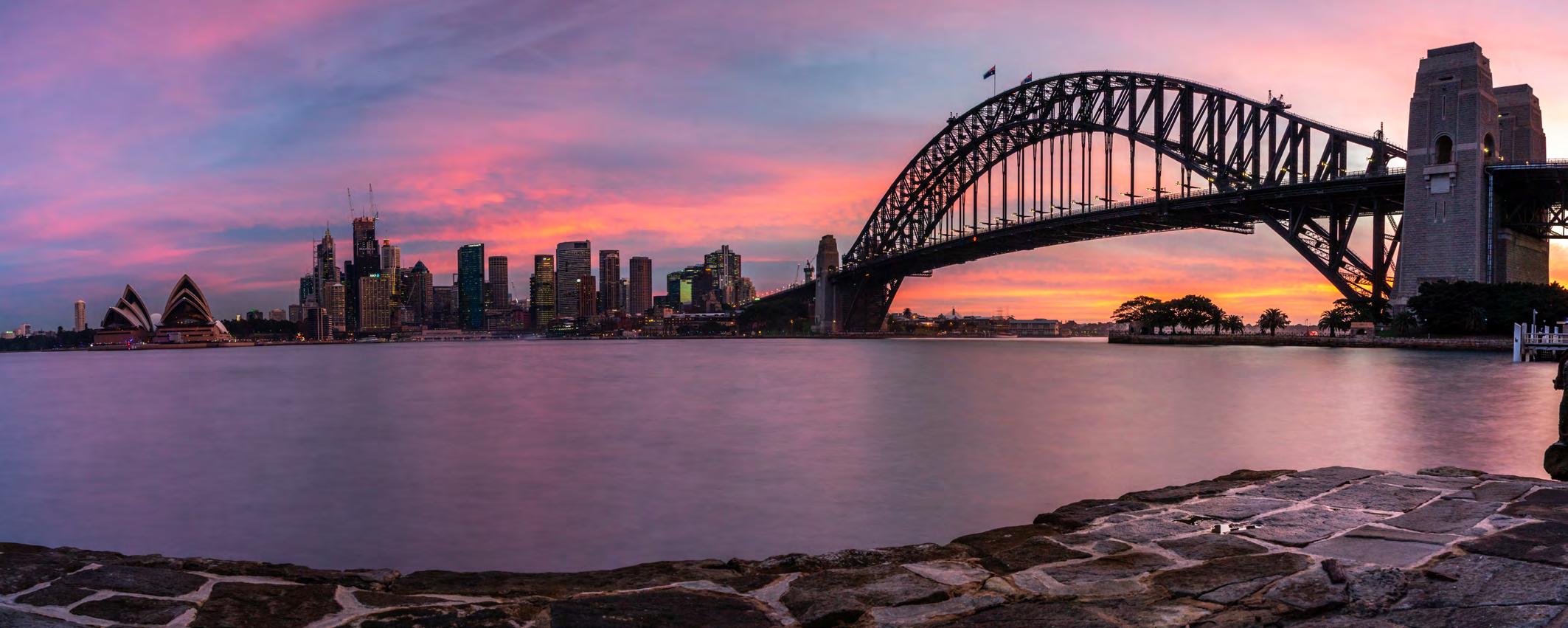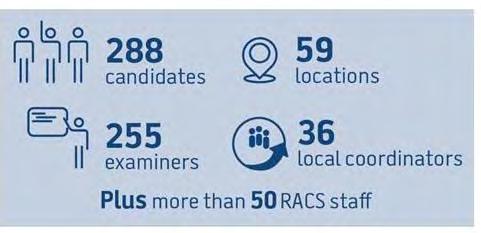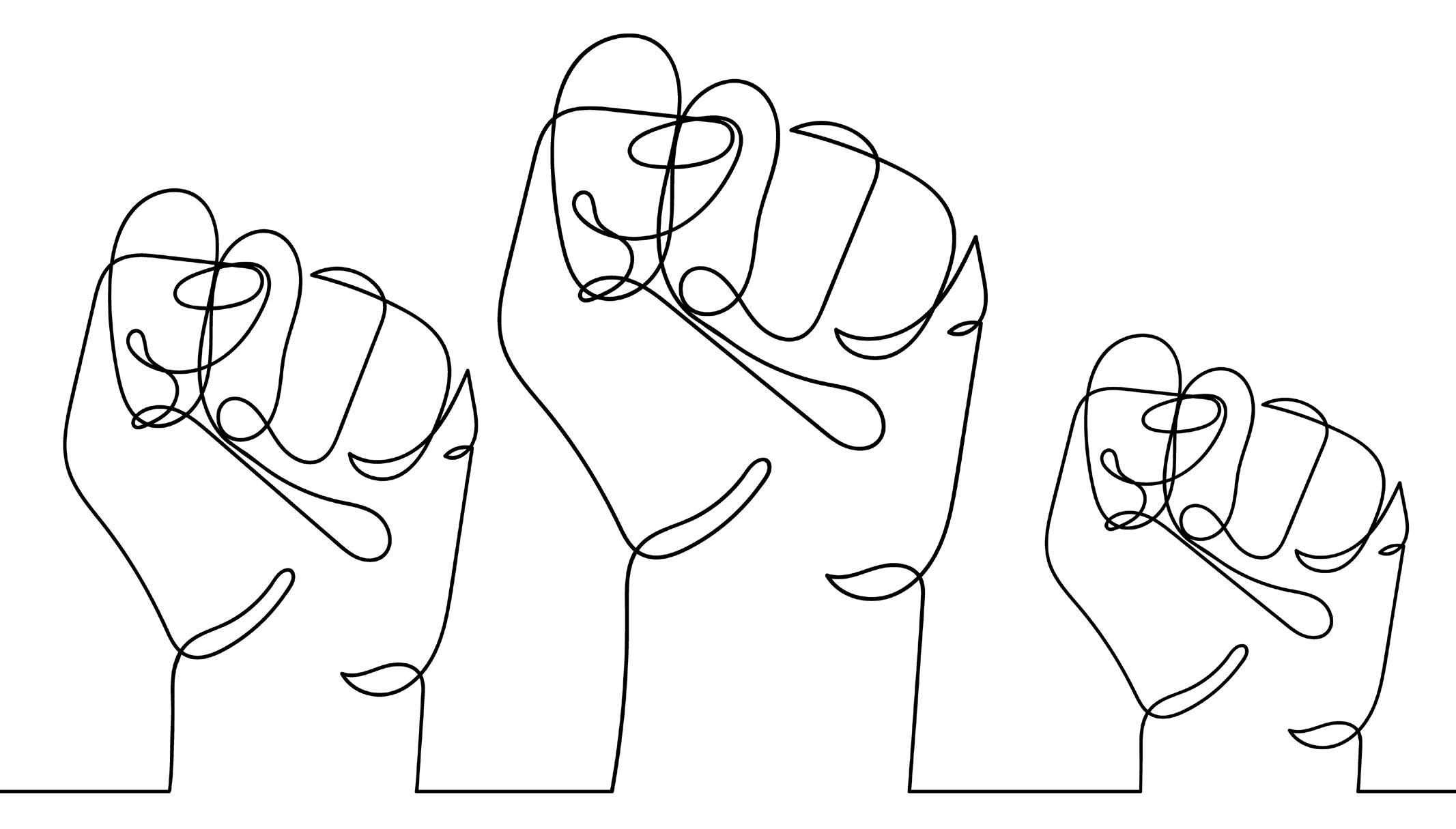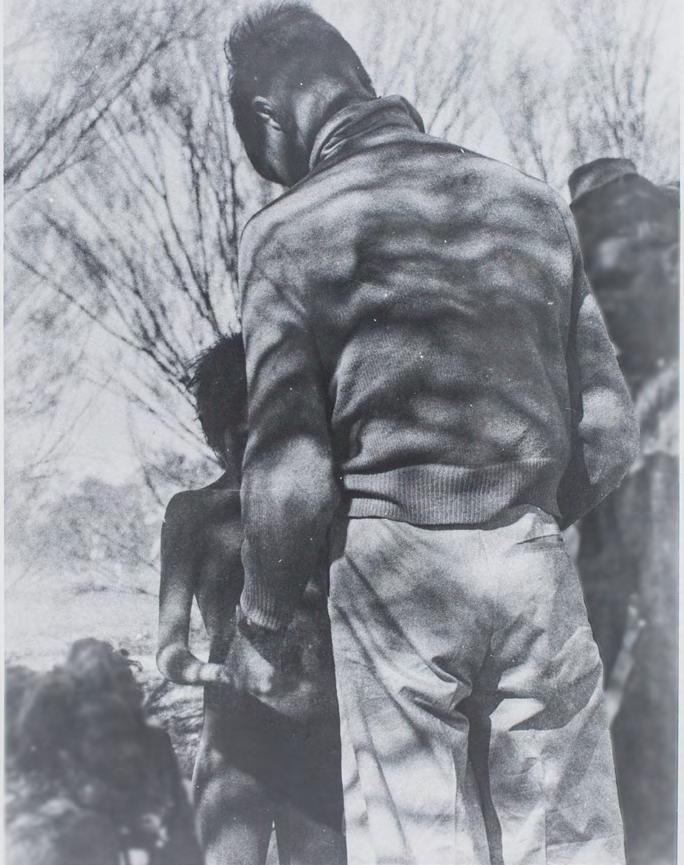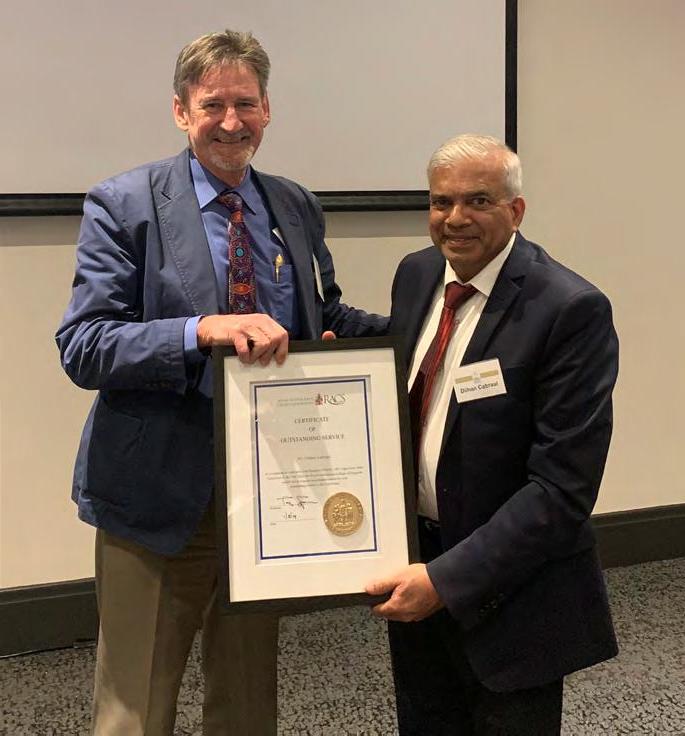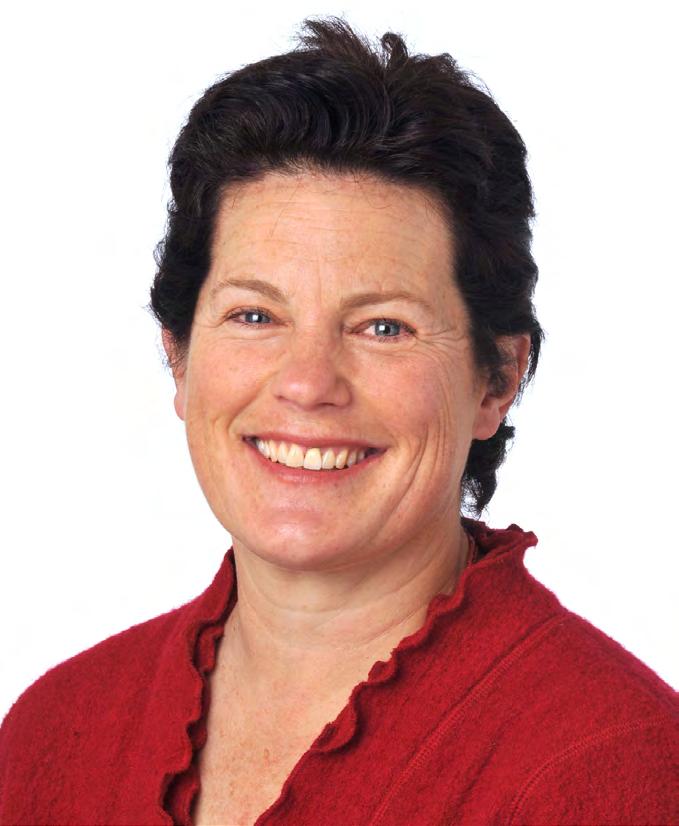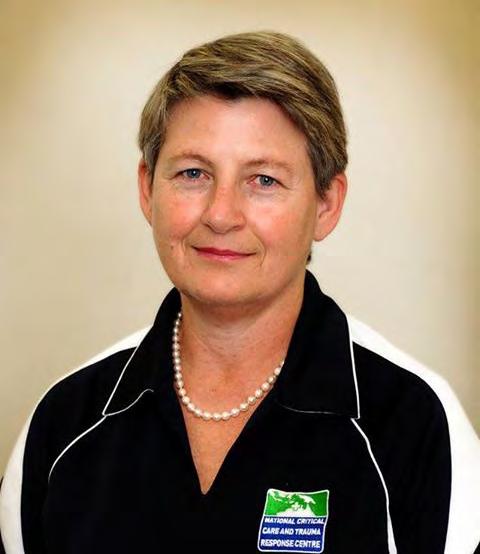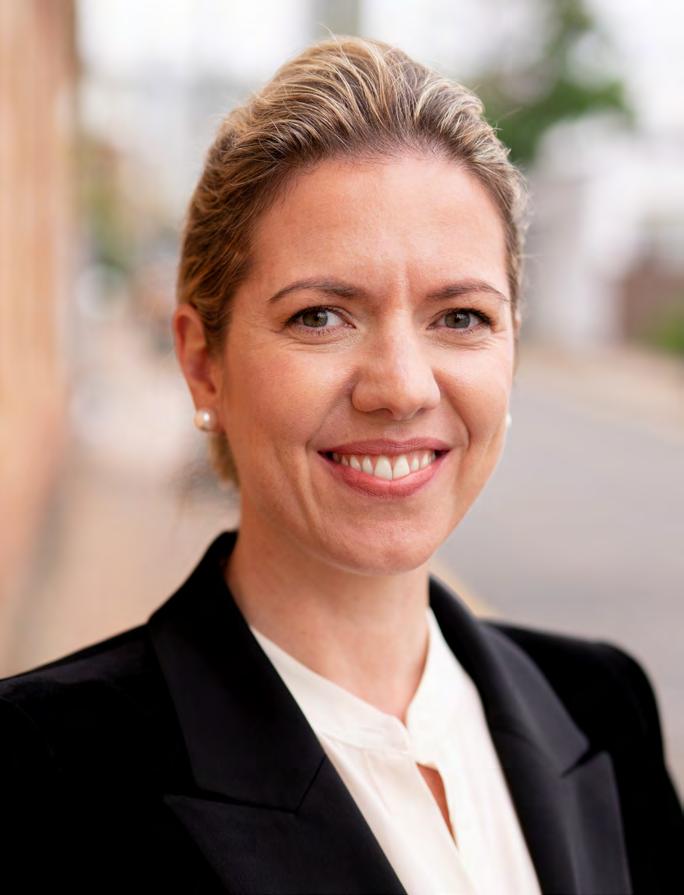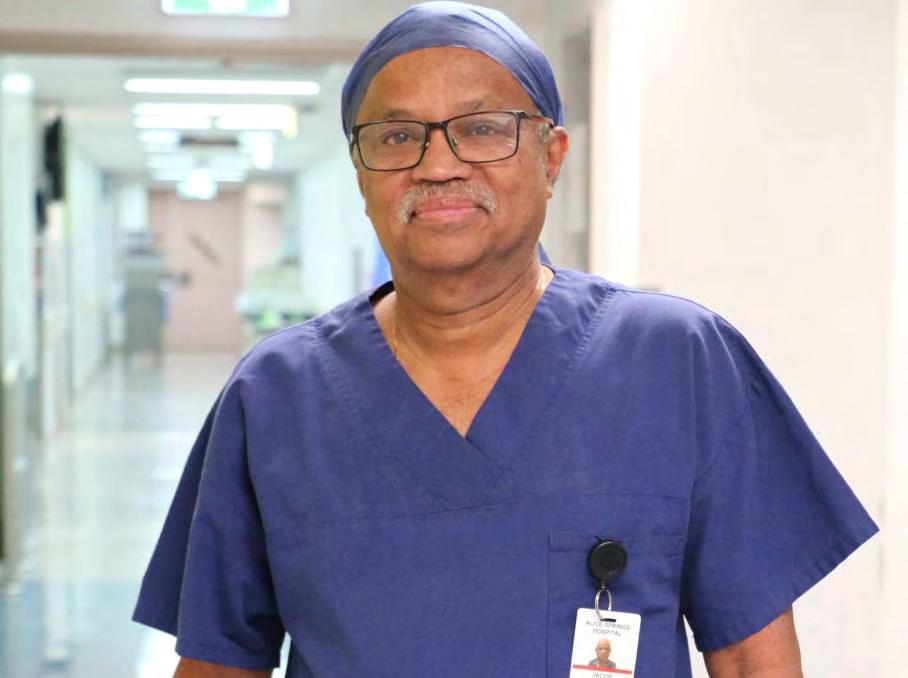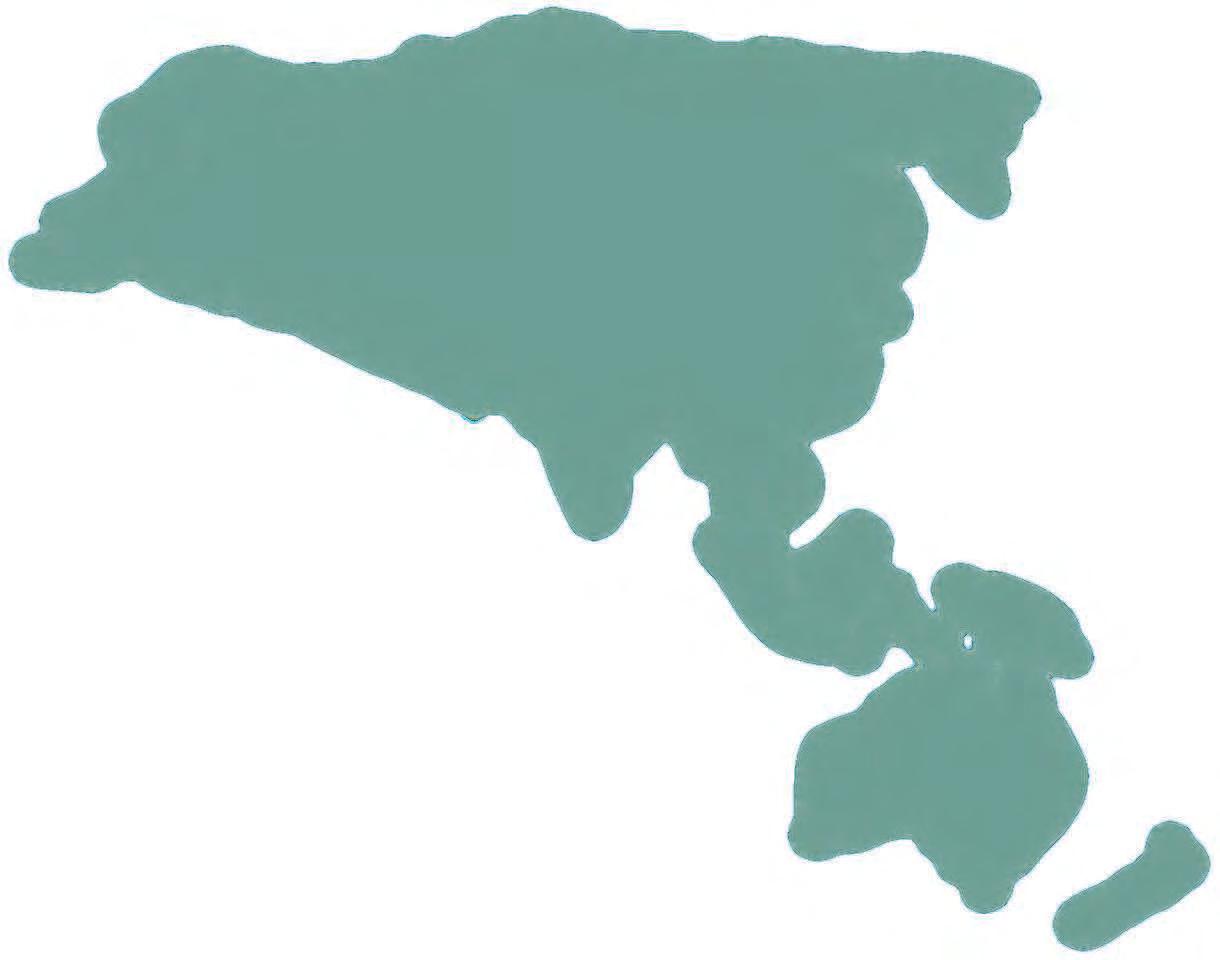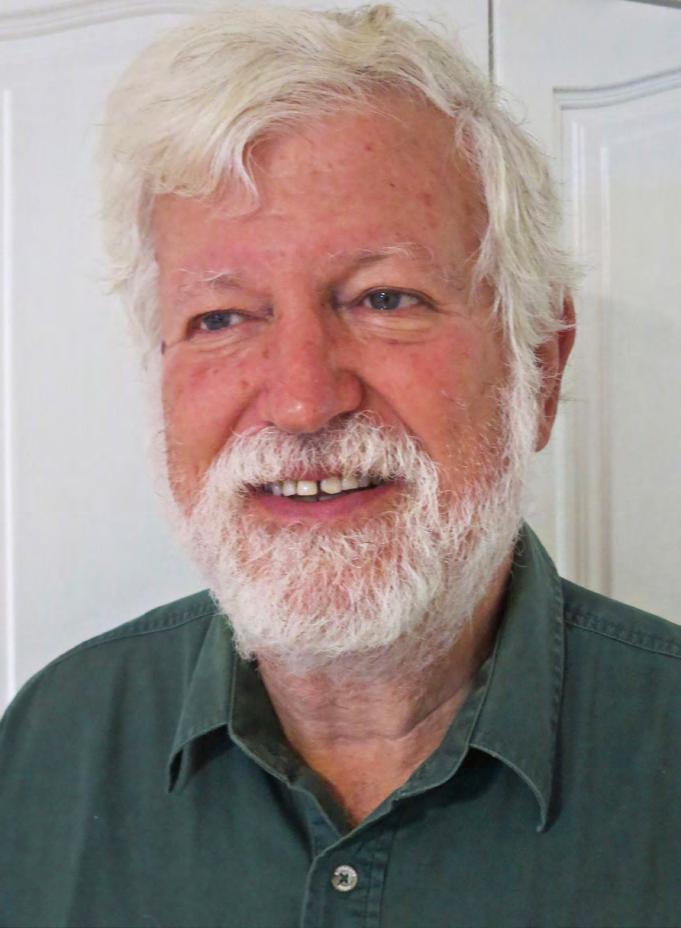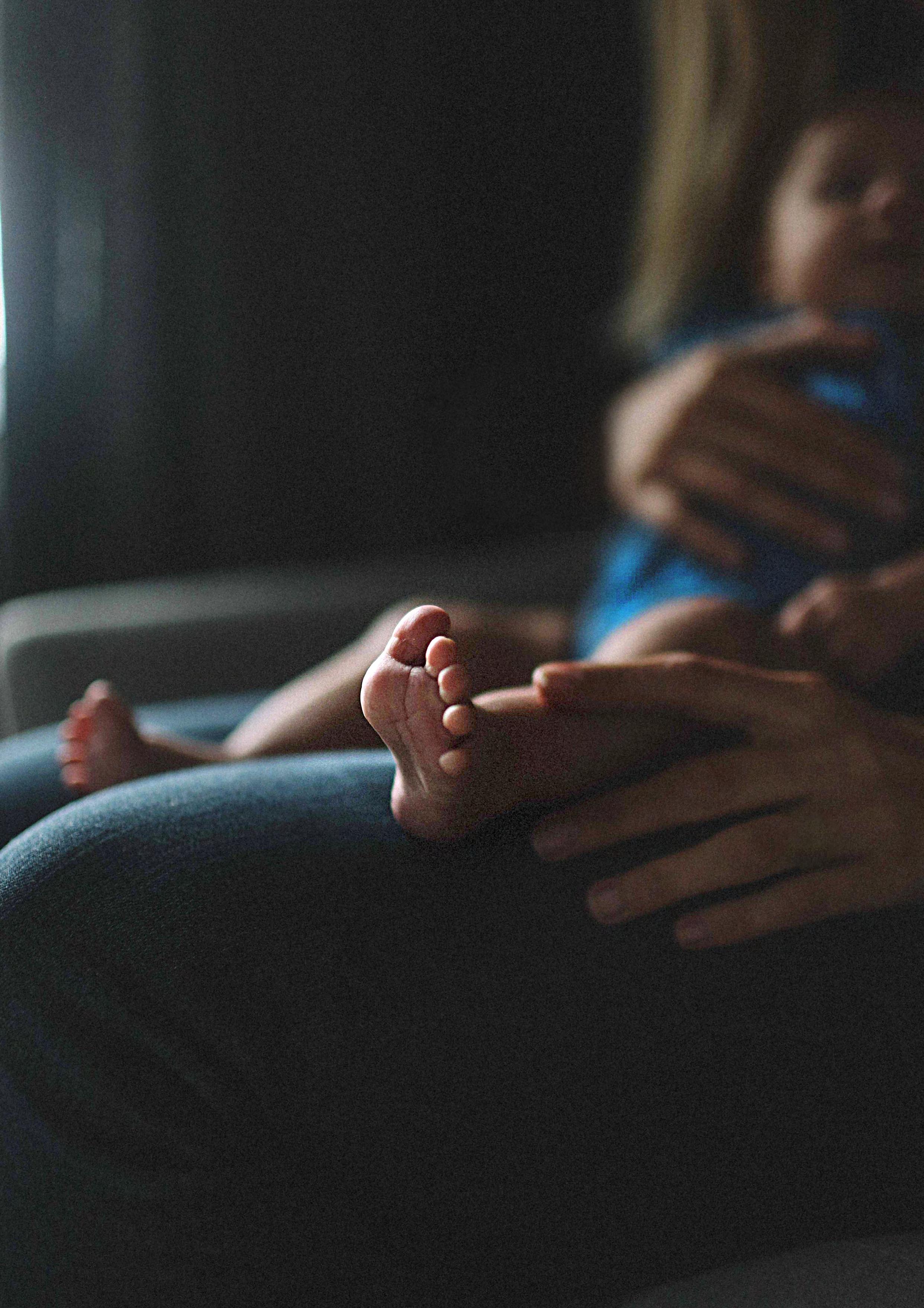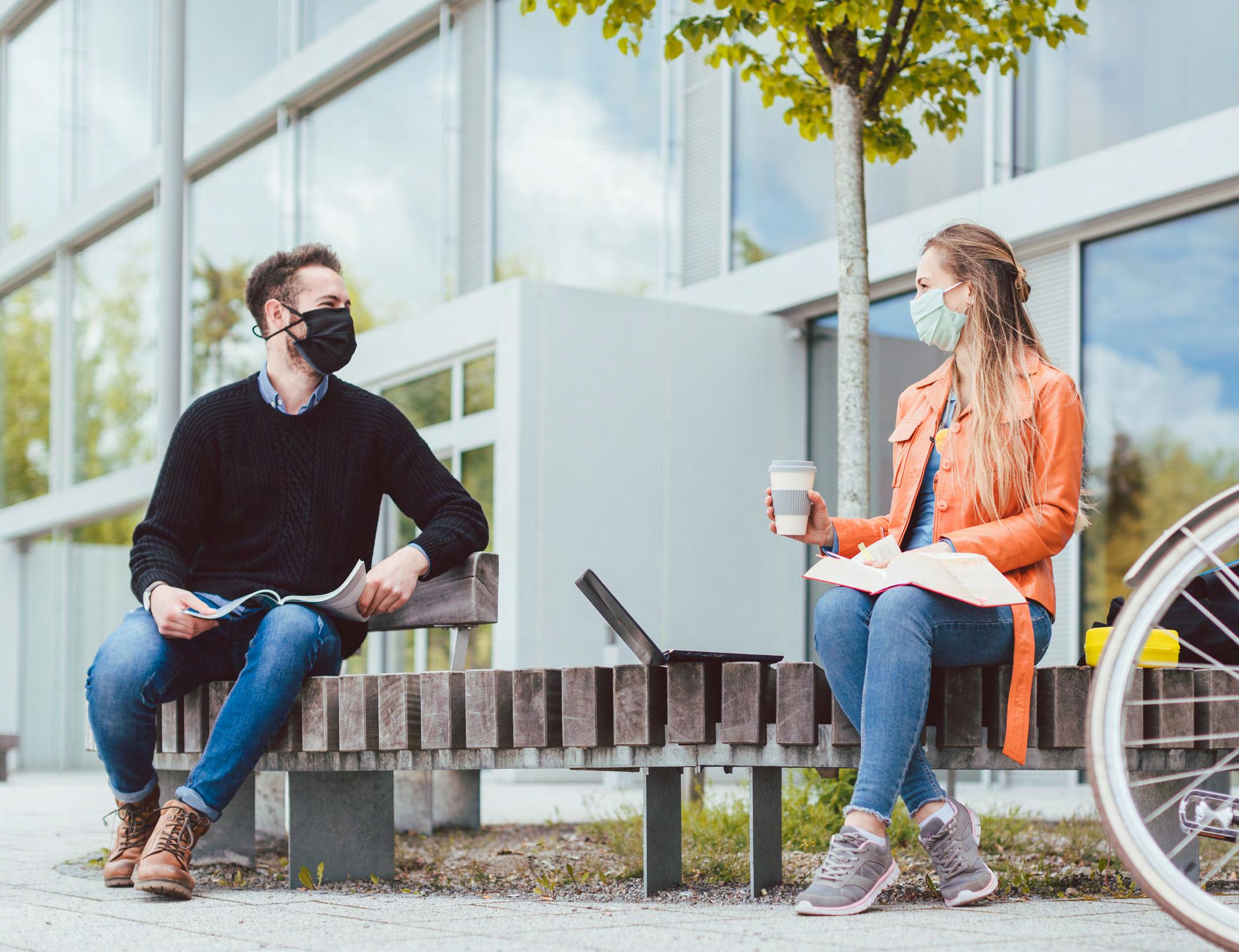Surgical News | Volume 21 | Issue 06
be helpful to know the T and Z scores, the 95 per cent confidence limits and the threshold for maintenance of clinical competence and, even more importantly, where you are on the graph at any point in time. I would suggest we all take the test, see where we are, monitor our cognition and predict our own withdrawal from clinical practice. I guess this takes me back to my first point, plan your journey. Thank you all for being part of my family, being part of my journey and allowing me to share my experiences and wisdom. Hapaitia tea ra tika pumau ai te rangatiratanga mo nga uri whakatipu. Foster the pathway to knowledge to strength, independence and growth for future generations. Mr Richard Lander – gone fishing
South Australian surgeons share prestigious award On 6 November 2020, Adjunct Associate Professor Franklin Bridgewater OAM and Professor Peter Reilly AO were jointly presented with the Sir Henry Newland Award in front of family and friends at the South Australian Annual Dinner. The award is named after Sir Henry Newland, who is remembered for the extensive and honorary service he provided to the South Australian, Australian and international surgical communities throughout his lifetime. His accolades include being recognised for his services during World War I, with the Distinguished Service Order in 1917, and then later being appointed C.B.E in 1919. Following the war, he was one of the founders of the Royal Australasian College of Surgeons (RACS), where he served as College president (1929-1934), and chair of the RACS State Committee in South Australia (SA) (1939-1942). The award in Sir Henry’s honour recognises a surgeon who has provided distinguished service to surgery in the state. Dr Amal Abou-Hamden, RACS SA Committee Vice Chair, provided a citation to Professor Reilly and described him
as an inspiration to a generation of SA surgeons. “A particular focus for Peter has been collaboration for establishing protocols for head trauma prehospital care management guidelines – contributing to South Australia’s world leadership in this field,” she said at the dinner. She spoke about his many achievements. “In 2002, he became an Officer in the General Division of the Order of Australia (AO) for service to the advancement of neurosurgery through clinical practice, research, education, and professional organisations and in the prevention of head injuries. “His interest in traumatic brain injury brought him remarkable collaborations from around the globe, including chairing the Asian Australasian Society of Neurological Surgeons Neurotrauma Committee from 2014 until 2018,” she continued. “Peter Reilly remains a quiet achiever and an inspiration, mentor and friend to many surgeons in Australia and worldwide.” In his acceptance speech Professor Reilly
said he was humbled to receive the award, and paid tribute to the man for whom the award is named. “Henry Simpson Newland was multidisciplinary before disciplines had developed separate identities. The first recipient of the Henry Simpson Newland medal, Donald Simpson, described him as ‘in the fullest sense a general surgeon’ and, being so, several disciplines can claim him as a pioneer. “I had the great good fortune to have been inspired and trained – sometime later – by his successors,” Professor Reilly said. “I thank you, my colleagues, and the College, and I acknowledge my debt – our debt – to that heroic general surgeon and pioneer neurosurgeon, Henry Simpson Newland.” Friend and former colleague Mr Glenn McCulloch provided the citation for Adjunct Associate Professor Bridgewater, as the pair have worked together and known each other for 45 years. “He has had a distinguished career at a personal level, with work in Papua New Guinea as a consultant surgeon and
43
